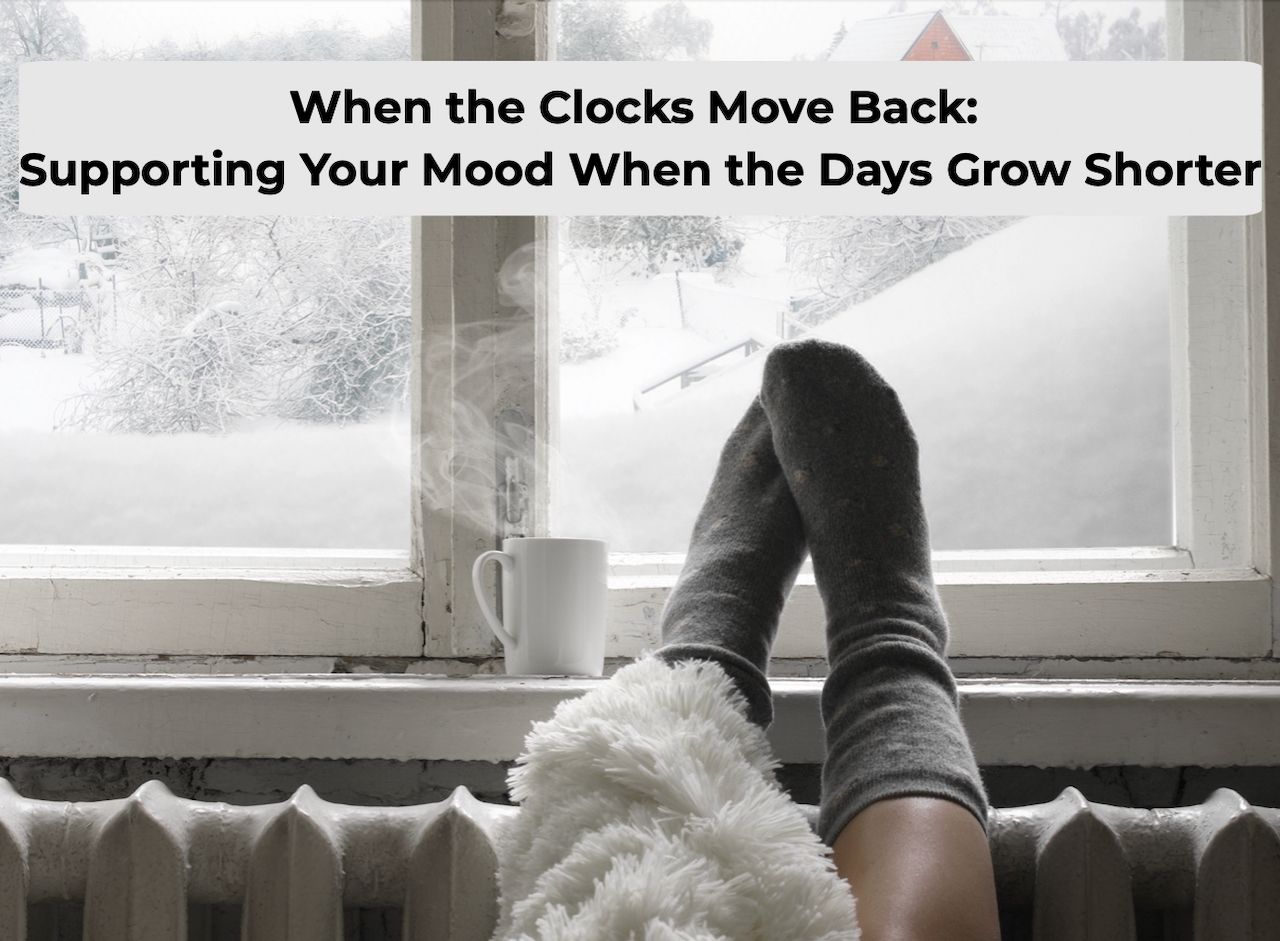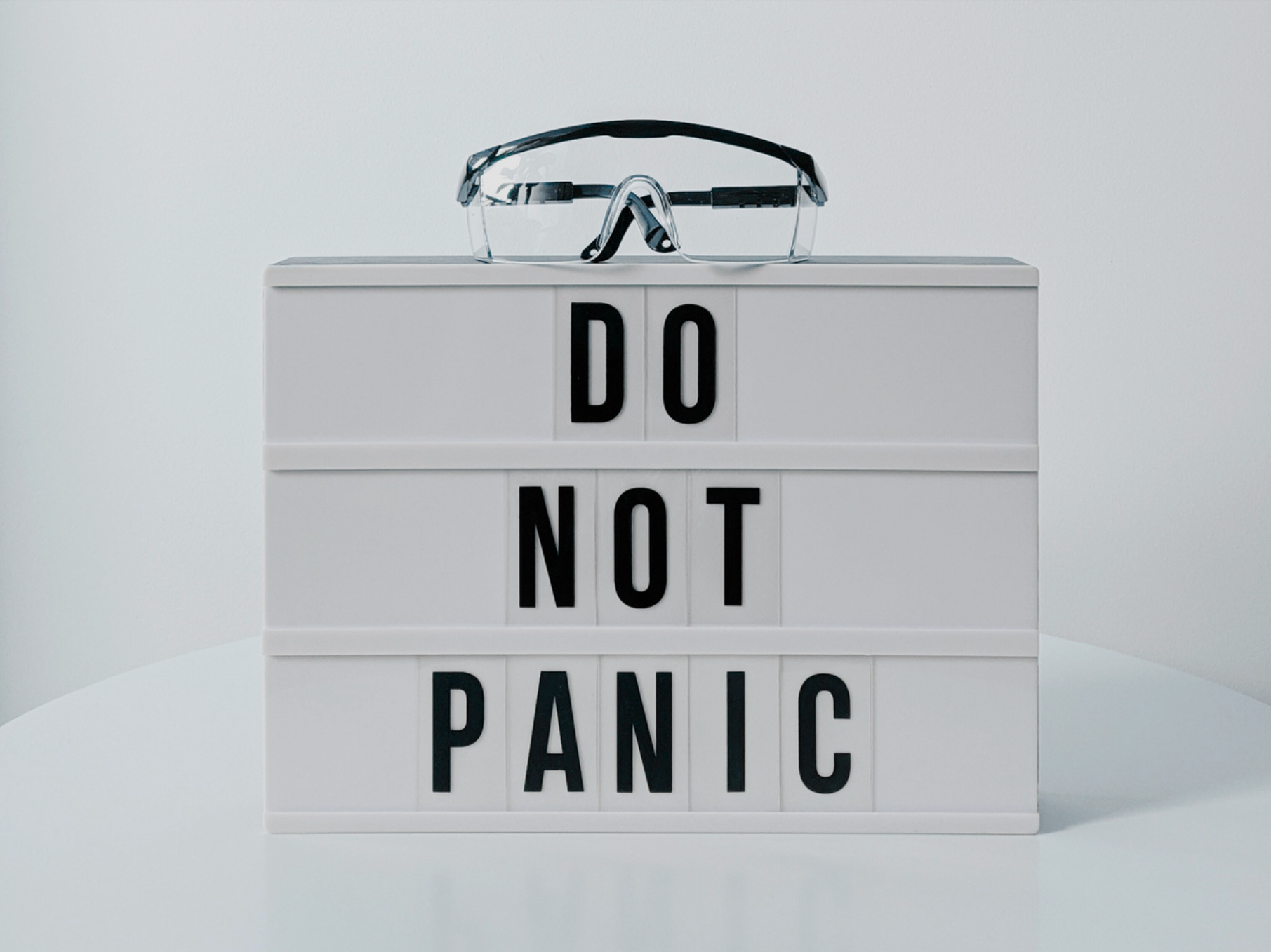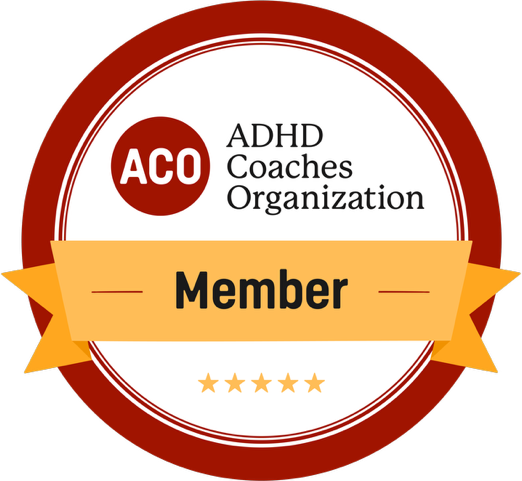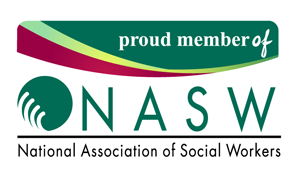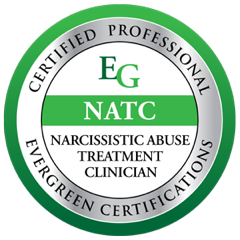Understanding Executive Function & How to Thrive with It
Executive function is at the heart of how we manage our daily lives. It’s a set of mental skills that help us plan, focus, remember things, and juggle multiple tasks at once. Think of it as the control center of your brain, guiding you as you move through the demands of life. For people with ADHD, gaps in executive function skills make like feel like an uphill battle, but the good news is that with the right tools and strategies, its challenges can be managed.
What Is Executive Function?
Executive function is essentially the brain’s management system. It enables us to take information, make sense of it, and act accordingly. These skills develop over time and include a range of capabilities, such as:
- Time Management: Organizing your day and knowing how to allocate time to tasks.
- Organization: Keeping physical spaces, like your home or workspace, tidy and functional or effectively managing deadlines to complete tasks on time.
- Planning and Prioritization: Determining what needs to be done and in what order.
- Impulse Control: Resisting distractions or temptations that may derail your progress. Making good choices that make sense in the short and long term.
- Working Memory: Holding information in your mind temporarily, like remembering a phone number or an address while typing it out (or remembering why you walked into a room!).
- Task Initiation: Starting tasks without hesitation or overthinking or avoiding.
- Emotional Regulation: Managing and responding to emotions in a balanced and constructive way.
All of these skills work together to keep life running smoothly. But when executive function is impaired—as it often is for those with ADHD—everyday tasks can suddenly seem overwhelming.
The Impact on Relationships and Quality of Life
Struggles with executive function can create ripples that affect almost every aspect of life. For instance, being chronically late or forgetting commitments can strain relationships with partners, friends, or coworkers. Emotional dysregulation might make navigating disputes more challenging, while poor organizational skills can lead to a chaotic environment that heightens stress.
At work, a lack of time management and planning may reduce productivity or lead to missed deadlines. At home, the weight of unfinished chores, lost items, or forgotten bills can exacerbate the sense of disorganization and frustration.
This doesn’t just affect personal success—it can impact mental health. Feelings of guilt, shame, or being “not good enough” often stem from living with executive function challenges, particularly when these struggles are misunderstood by others.
Strategies to Improve Executive Function
While challenges with executive function can be overwhelming, there are ways to strengthen these skills and reduce the strain they have on your life. Here are actionable strategies to get started:
- Create Consistent Routines
A predictable routine helps reduce decision fatigue and keeps tasks on track. Schedule time for work, chores, and relaxation, and stick to it as much as possible. Once you have that down, work on creating routines for getting back into routine. - Use Tools for Support
Digital or physical planners, reminders, calendars, and task lists can offer structure when your brain struggles to do so. Identify tools that work for you and commit to using them daily. - Break Tasks into Steps
Large tasks can feel paralyzing. Start by breaking them into smaller, manageable steps. For example, instead of “clean the kitchen,” the steps might be “clear the counters,” “load the dishwasher,” and “wipe the surfaces.” - Practice Mindfulness
Mindfulness can increase self-awareness and emotional regulation. Try mindfulness exercises like deep breathing, progressive muscle relaxation, or meditation to ground yourself during overwhelming moments. - Prioritize Self-Care
Sleep, exercise, and nutrition all play pivotal roles in executive function. Aim for 7-8 hours of rest each night, incorporate some movement into your day, and fuel your body with balanced meals to keep your brain functioning at its best. - Seek Professional Support
Life coaching, therapy, or an ADHD specialist can help you build skills, set goals, and find tailored strategies to improve specific executive function struggles in your life.
Executive function is a complex but essential set of skills, influencing how we manage responsibilities, emotions, and relationships. If you’re grappling with challenges in this area, it’s important to understand that you’re not alone—and it’s absolutely possible to build the skills you need to thrive. By implementing thoughtful strategies and seeking the right support, you can gain greater control over your life and create the balance and fulfillment you deserve.
Questions to Connect With
- What specific areas of executive function do I struggle with most, and how does this affect my daily life?
- What small, realistic changes could I make to my routine to support my executive functioning?
- How do I currently respond to challenges with time, emotions, or organization, and how can I reframe these moments with self-compassion?



